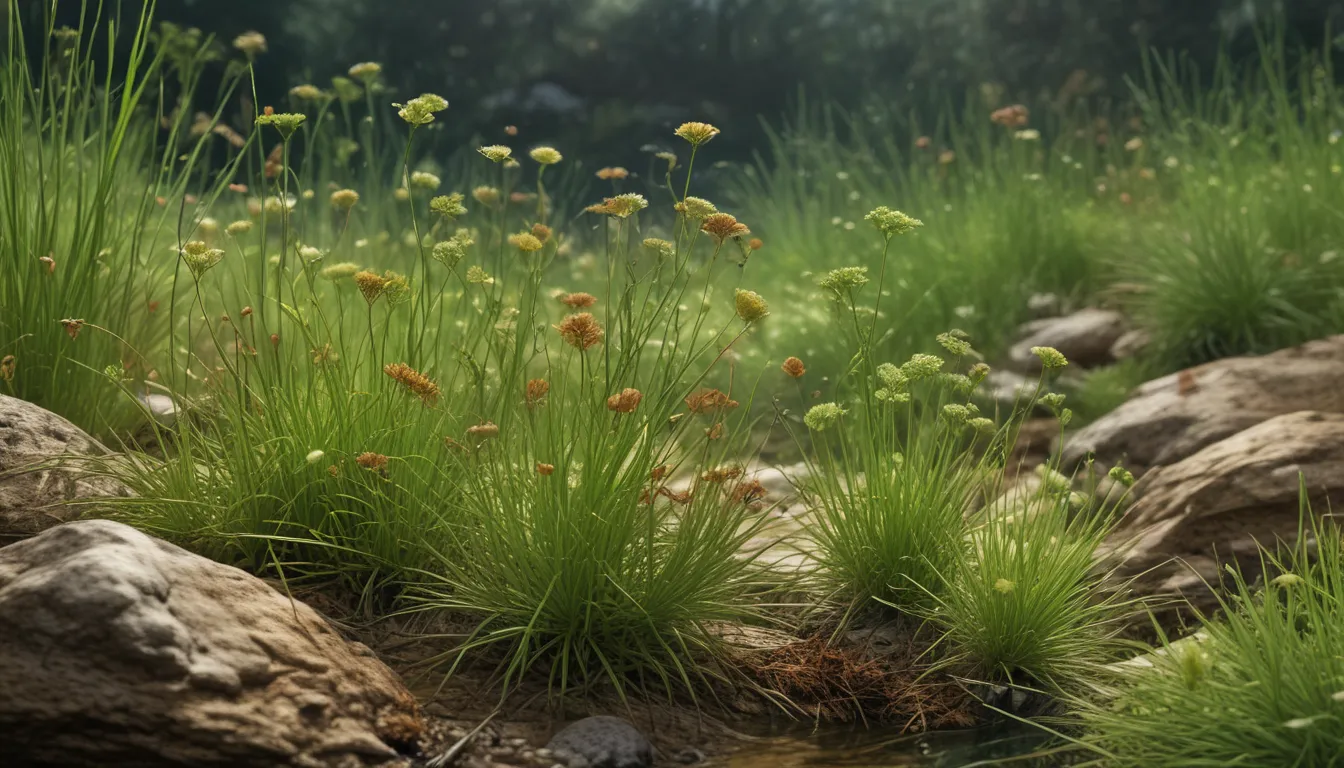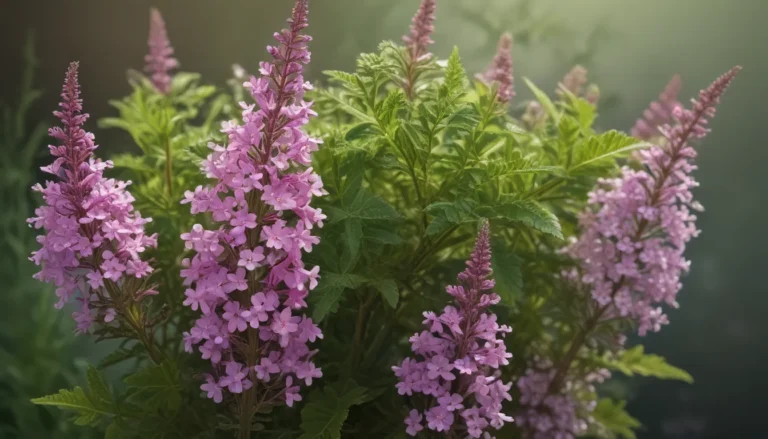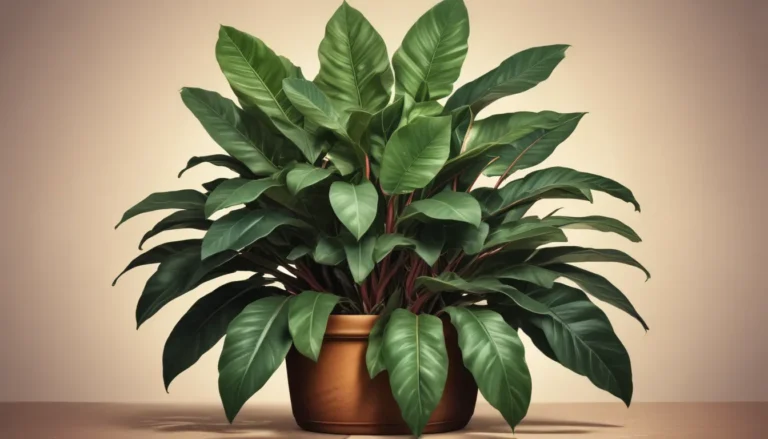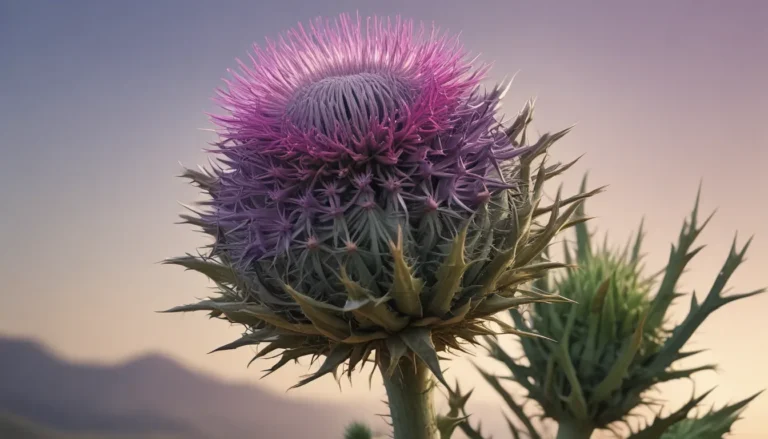The pictures we use in our articles might not show exactly what the words say. We choose these pictures to make you interested in reading more. The pictures work together with the words but don’t take their place. The words still tell you the important facts.
Juncus, a diverse genus of plants known for their resemblance to grasses but with distinct characteristics, holds a unique place in the botanical world. With over 400 species spread across different regions of the world, Juncus plants offer a diverse range of shapes, sizes, and ecological adaptations. In this article, we will delve into eight astounding facts about Juncus that highlight their exceptional qualities and importance in various ecosystems.
The Versatile World of Juncus
Juncus is a genus of flowering plants that belong to the family Juncaceae. With over 400 known species, these plants can be found in various habitats across the globe, including wetlands, meadows, and mountains. Known for their adaptability, Juncus plants have the unique ability to thrive in both moist and dry habitats, making them resilient and versatile.
Exploring the Fascinating Juncus Plants
The common name “rushes” is often used to refer to plants of the genus Juncus. These plants are characterized by their unique cylindrical stems and small, inconspicuous flowers. Despite their unassuming appearance, Juncus plants play a crucial role in soil conservation and are popular choices for landscaping and gardening due to their adaptability and unique appearance.
The Importance of Juncus in Ecosystems
Many species of Juncus are considered keystone species in wetland ecosystems. Their deep root systems help stabilize soil and prevent erosion while providing habitat and food for various wildlife species. Beyond their ecological significance, Juncus plants also hold cultural and historical importance in many cultures worldwide.
Diving Deeper into Juncus Reproduction
Juncus plants exhibit unique reproductive strategies, including both sexual and asexual reproduction. They have the ability to produce seeds, but also reproduce vegetatively through rhizomes or stolons. This versatility in reproduction contributes to the resilience and adaptability of Juncus plants in various environments.
The Role of Juncus in Soil Conservation
The extensive root systems of Juncus plants serve a vital role in improving soil structure and fertility. These plants enhance water absorption, reduce soil erosion, and contribute to the overall health of the ecosystem. Their presence is essential for maintaining a balanced and healthy environment.
Juncus in Landscaping and Gardening
Due to their unique appearance and adaptability, Juncus plants are popular choices for landscaping and gardening projects. They can be used as ornamental grasses, border plants, or to add texture and interest to garden designs. Their versatility makes them a sought-after option for adding visual appeal to outdoor spaces.
Unveiling the Medicinal Properties of Juncus
Some species of Juncus plants have medicinal properties and have been used in traditional herbal remedies for centuries. From treating digestive disorders to providing relief for respiratory ailments, Juncus plants offer a natural and holistic approach to healing. Their therapeutic benefits add to the diverse uses of these remarkable plants.
Delving Into the World of Juncus: A Botanical Journey
In conclusion, Juncus plants are truly remarkable in their adaptability, ecological contributions, and cultural significance. Whether you are a gardening enthusiast looking to enhance your outdoor space or a nature lover intrigued by the wonders of plant life, exploring the unique qualities of Juncus is an enriching experience. Their diverse characteristics and ecological role make them deserving of recognition and appreciation.
Frequently Asked Questions About Juncus
-
What are common uses of Juncus plants?
Juncus plants are commonly used in landscaping and gardening projects for their unique cylindrical stems and ability to tolerate wet soil conditions. They are also used in ecological restoration projects to stabilize and enhance the biodiversity of wetland areas. -
Are Juncus plants easy to care for?
Yes, Juncus plants are relatively low-maintenance. They thrive in moist to wet soil conditions and prefer full sun to partial shade. Regular watering and occasional fertilizing can help keep them healthy and vibrant. -
Can Juncus plants be grown indoors?
Certain species of Juncus, such as Juncus effusus, can be grown indoors as houseplants. They can add a unique touch to indoor spaces and are particularly well-suited for bathrooms or areas with high humidity. -
Are Juncus plants native to a specific region?
Juncus plants can be found in various regions around the world, including North America, Europe, Asia, and Africa. Different species have adapted to specific environments and can be found in wetlands, grasslands, and even alpine habitats. -
Can Juncus plants be divided and propagated?
Yes, Juncus plants can be divided and propagated through division. During the early spring or fall, you can carefully separate the clumps and replant them in desired areas. This process helps maintain the health and vigor of the plants.
Exploring Nature’s Wonders Beyond Juncus
Juncus plants are just one example of nature's remarkable creations. From the compass plant with its alignment to Earth's magnetic field to the stunning blooms and medicinal properties of perennial plants like Hepatica, there is a vast world of unique and fascinating flora waiting to be discovered. Each plant tells a story and offers a glimpse into the beauty and complexity of the natural world.
Trustworthy Information for Curious Minds
At the heart of our work is a commitment to providing engaging and trustworthy content. Every fact shared on our site is contributed by real users like you, ensuring a wealth of diverse insights and information. Our dedicated editors meticulously review each submission to maintain the highest standards of accuracy and reliability. Explore, learn, and trust in our commitment to quality and authenticity as you delve into the fascinating world of plants like Juncus.






